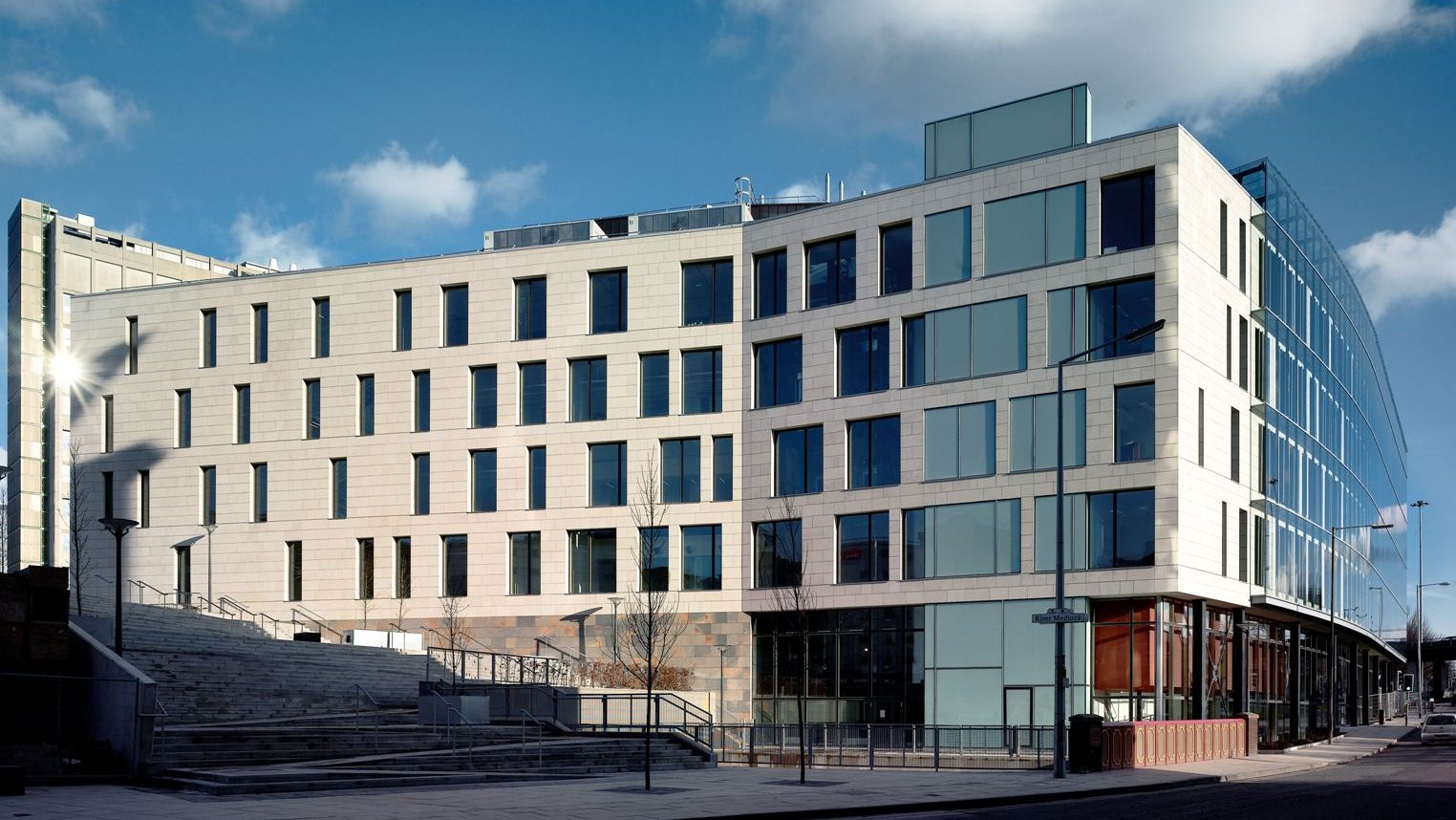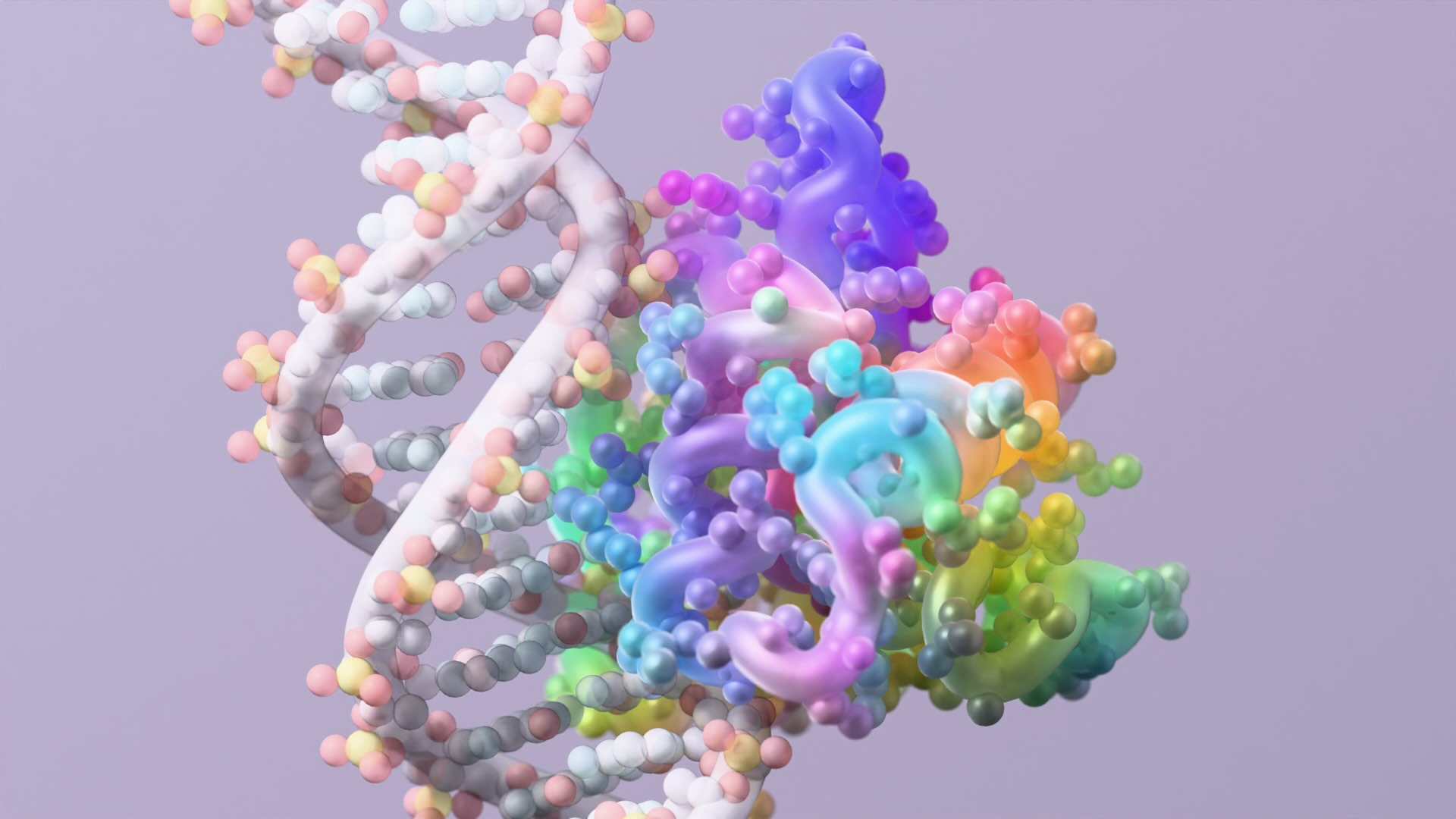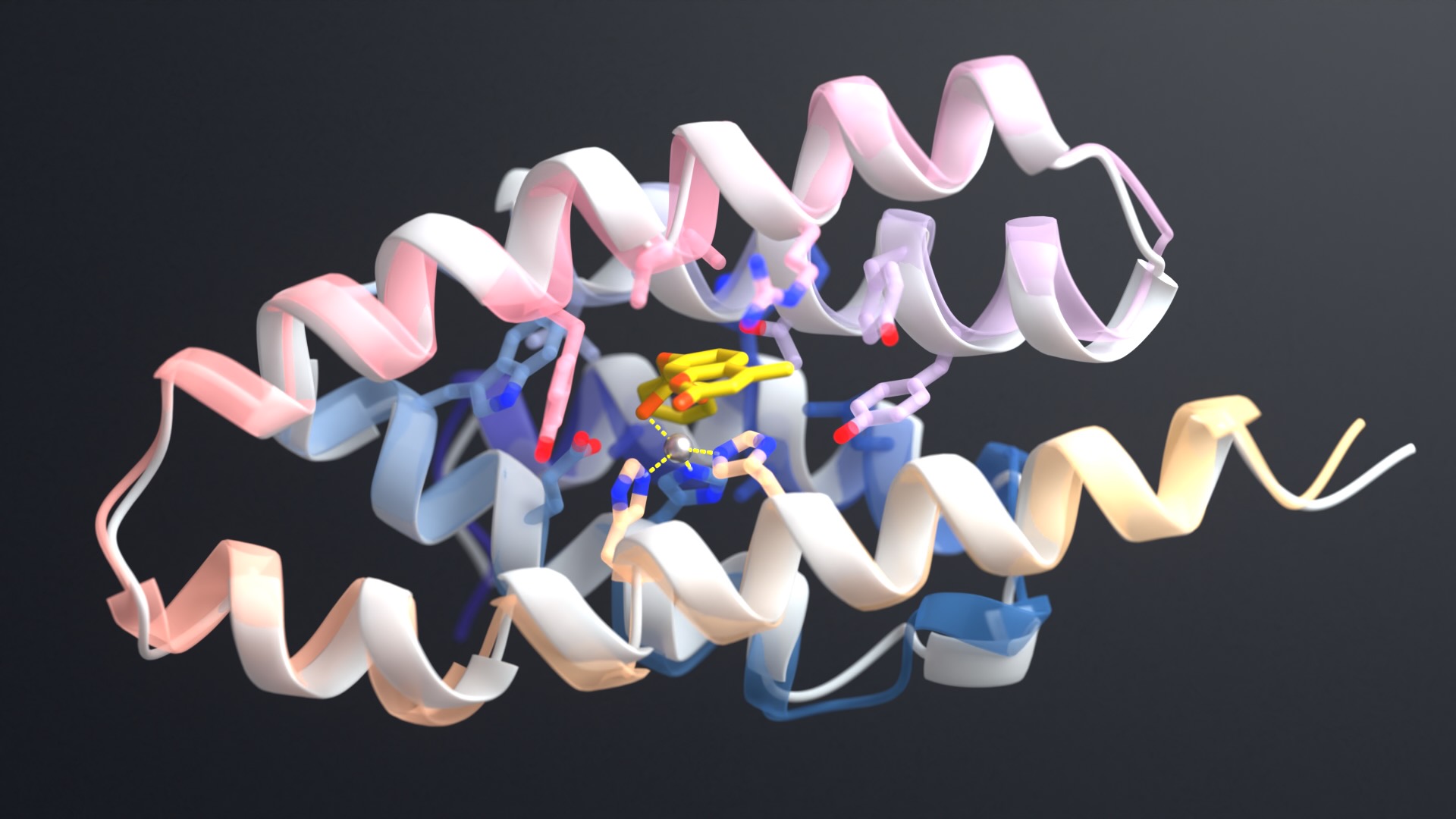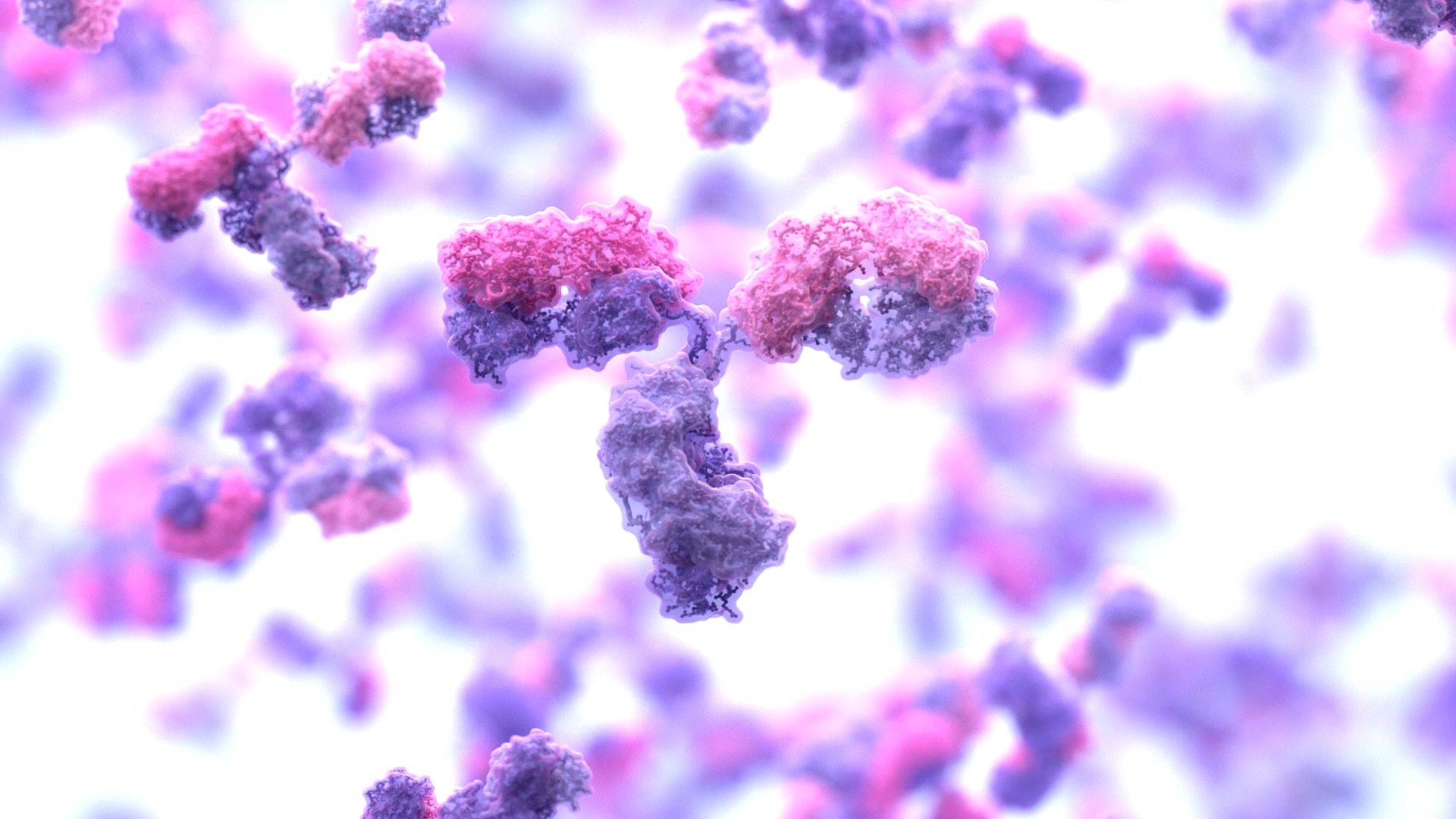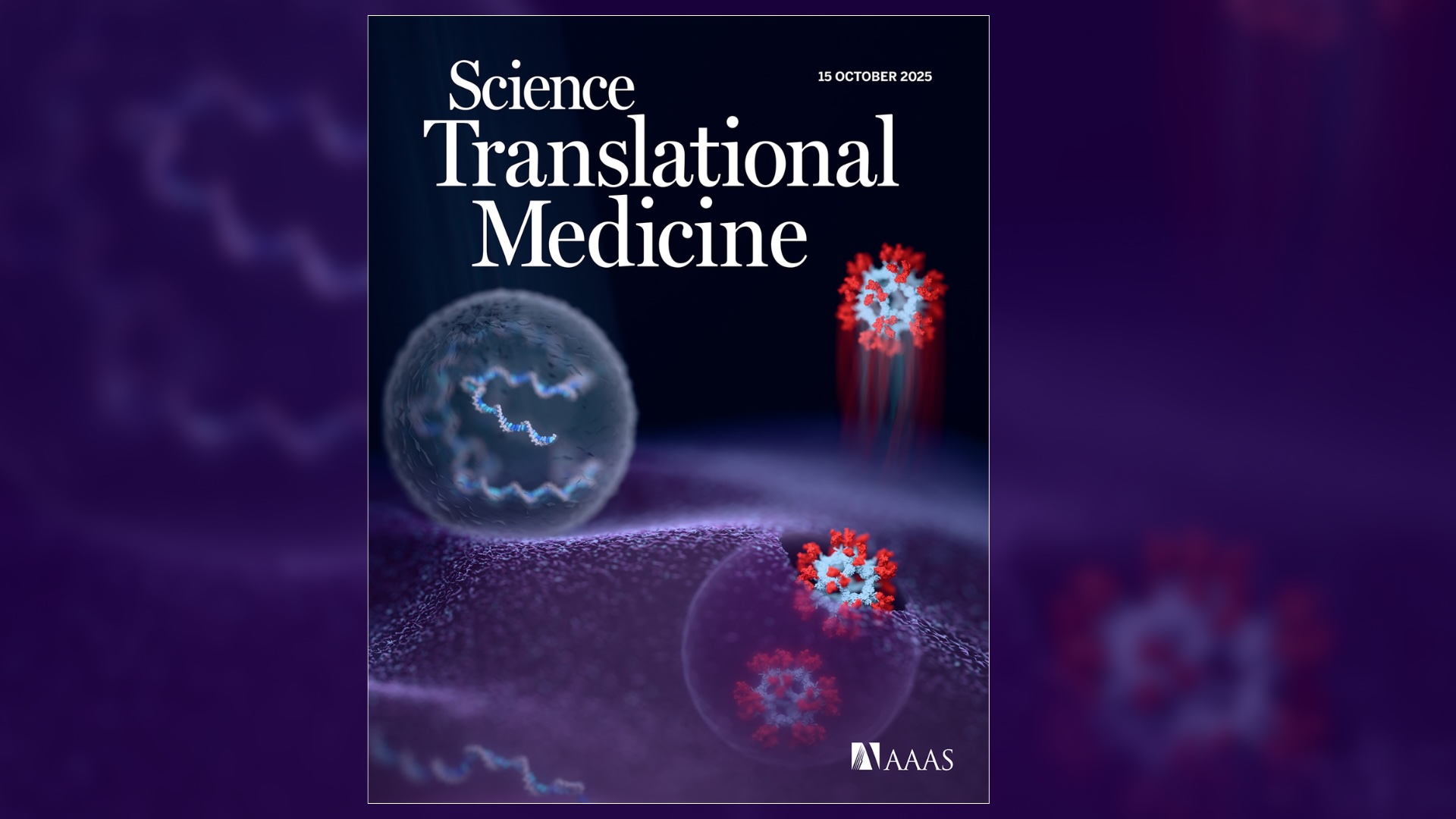Researchers from the Manchester Institute of Biotechnology (MIB) and the Institute for Protein Design (IPD) have launched an initiative to transform the landscape of enzyme design.
Established today, the International Centre for Enzyme Design (ICED) will bring together internationally leading research teams to establish a fully integrated computational and experimental platform to develop a new generation of industrial biocatalysts.
Led by professor Anthony Green PhD, interim director of the MIB, along with professor Nicholas Turner, PhD, and Sarah Lovelock, PhD, and in partnership with IPD director David Baker, PhD, ICED aims to deliver customized biocatalysts for sustainable production of a wide range of chemicals and biologics, including pharmaceuticals, agrochemicals, materials, commodity chemicals, and advanced synthetic fuels.
“I am truly excited to establish this International Center for Enzyme Design with our academic and industrial partners. The centre aims to develop a new generation of predictive enzyme design and engineering technologies that allow the rapid delivery of customised biocatalysts to meet diverse industry needs.”
— Professor Anthony Green, PhD
ICED will employ the latest AI-powered protein design tools pioneered at the IPD. The center has been awarded £1.2m through an International Centre to Centre grant from the Engineering and Physical Sciences Research Council, part of UK Research and Innovation.
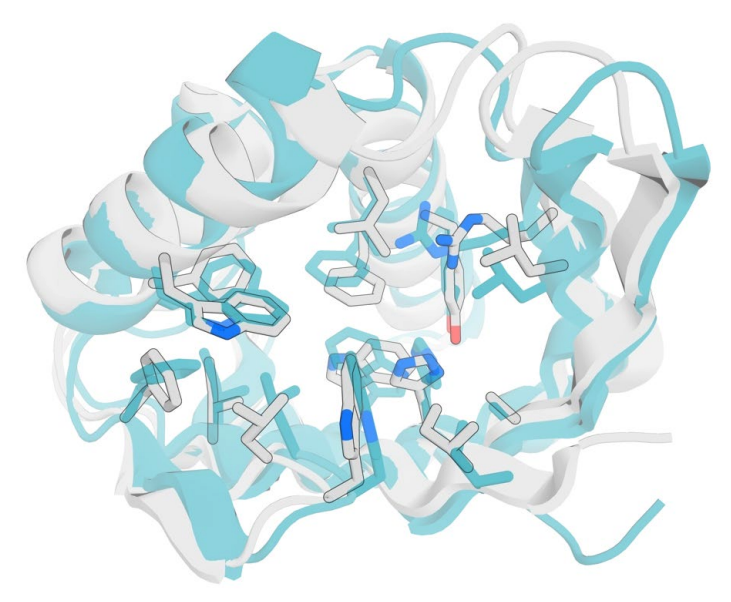
Sustainability by design
Natural and engineered enzymes can be used to speed up important chemical processes. This technology is now widely recognized as a key enabler of a greener and more efficient chemical industry.
Although powerful, existing experimental methods for developing industrial biocatalysts are costly and time-consuming. This limits the benefits that biocatalysis may have on many industrial processes. Furthermore, for many desirable chemical transformations, there are no known enzymes that can serve as starting templates for experimental engineering.
“Accurately designing efficient enzymes with new catalytic functions is one of the grand challenges for the protein design field. We are thrilled to be working with Professor Green and his team in the MIB to address this crucial biotechnological challenge.”
— Professor David Baker, PhD
In ICED we will bring together leading computational and experimental teams from across academia and industry to bring about a step-change in the speed of biocatalyst development. The approaches developed will also allow for the creation of new families of enzymes with catalytic functions that are unknown in nature.
The design tools developed throughout the project will be made available to specialists and non-specialists to support their own enzyme engineering and biocatalysis needs. As the center develops, we expect to grow our partnerships with the wider academic and industrial sectors to ensure that we can best serve the needs and ambitions of the global biocatalysis community.

